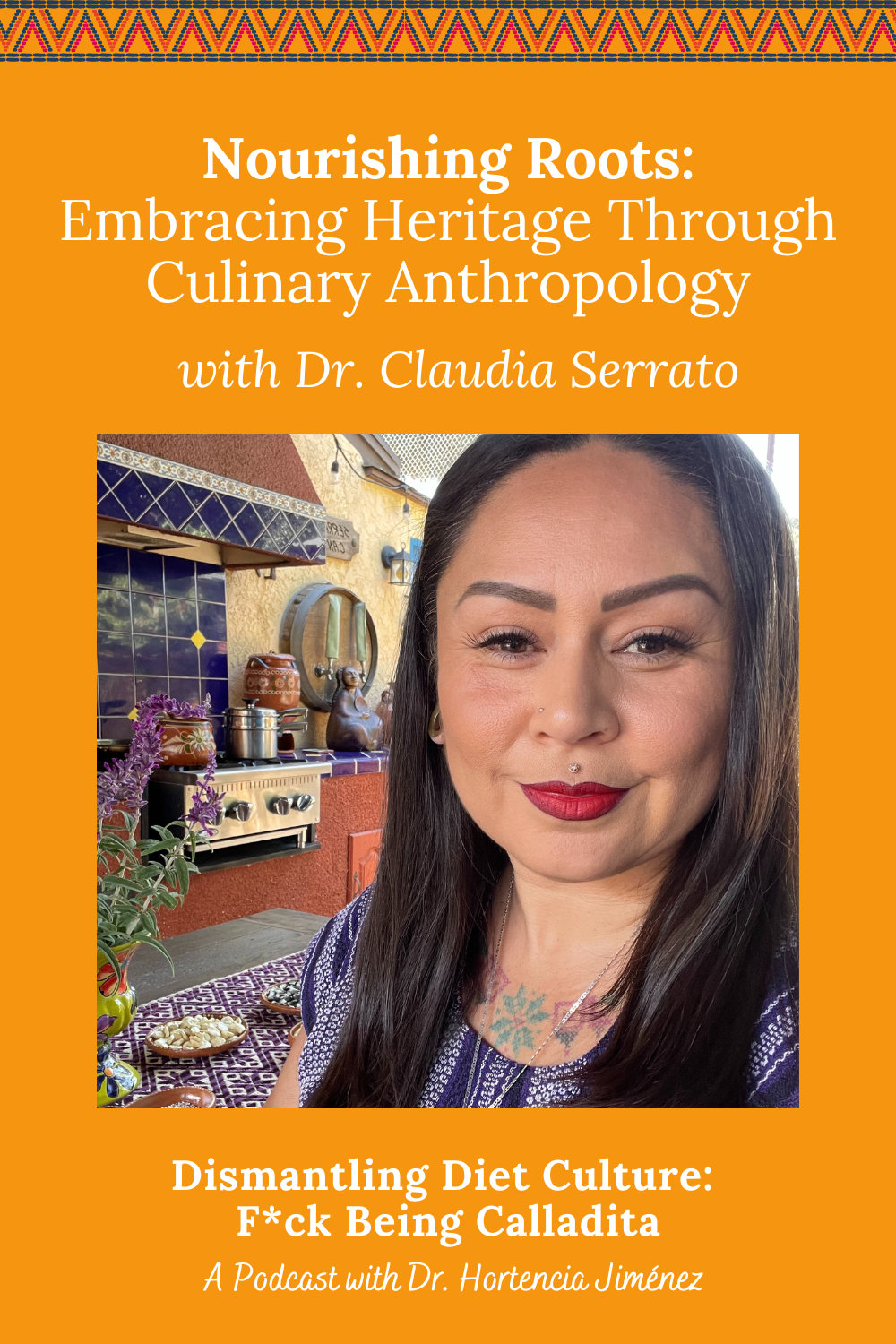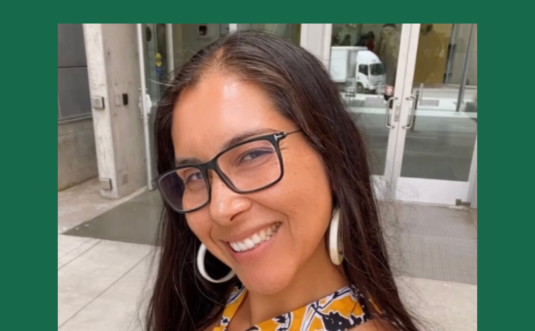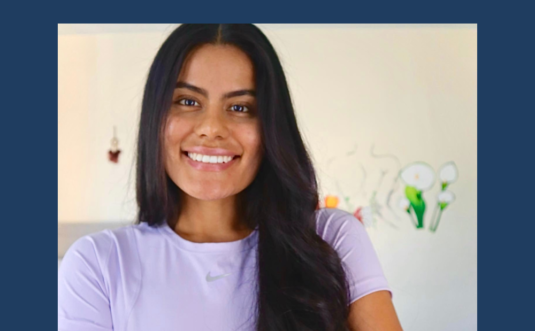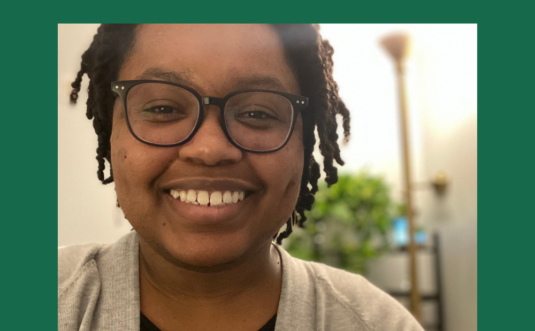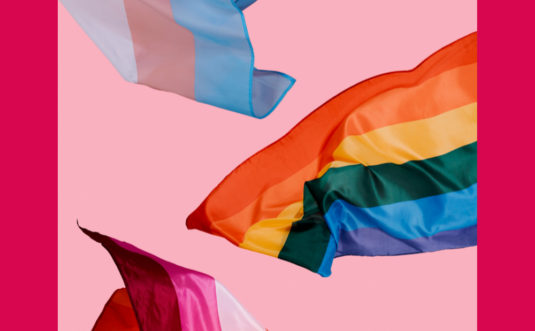Embracing Heritage Through Culinary Anthropology
This week’s episode delves into a flavorful discourse with Dr. Claudia Serrato, an indigenous culinary anthropologist, chef, and professor. Claudia’s narrative begins in the diverse neighborhoods of East LA and Mexicali, where she was surrounded in cultural richness and protected from external influences. Her culinary journey commenced from a tender age, cooking alongside her grandparents, fostering a deep spiritual connection to her indigenous roots through traditional foods.
The Politics of Food
Food, as Claudia and Hortencia discuss, is inherently political. It encapsulates histories, memories, and the unshakeable cultural pride of communities. Claudia enlightens us on the epistemology of food – its inherent knowledge and the stories it carries. Food autonomy becomes a form of resistance, a means to assert one’s cultural existence against the tides of colonization and the pressures to assimilate.
The Process of Decolonizing Diets
Claudia’s academic work is an interweaving of her passion for social justice and her commitment to environmental justice. She explores decolonizing diets not just as a scholar or a chef but as someone deeply interlinked with her heritage. Decolonization for her meant readdressing cravings and realigning her body to the land through ancestral diets that eschew the colonial palate.
Stitching Theory and Practice
Melding her kitchen prowess with her academic insights, Claudia has embarked on a journey to help others in the process of culinary decolonization. Through her endeavors such as cooking classes, pop-ups, and indigenous meal prep services, she advocates for a reconnection with traditional foodways and a holistic approach to healing the relationships among humans, plants, and the land. Claudia’s commitment to food justice extends to reconnecting communities, particularly working-class, immigrant, and undocumented groups, to earth-based, seasonal foods.
A Serving of Change
The rich dialogue between Claudia and Hortencia offers profound insights into the cultural significance of food. As Claudia poignantly states, to heal is to acknowledge and preserve the stories embedded within our foods. It’s not just about returning to the land but re-embracing the knowledge that our ancestors have parceled into every spice and grain. As we listen to Claudia’s story unfold in the podcast, we are reminded that food is far more than sustenance; it’s a legacy of identity, resistance, and revival.
